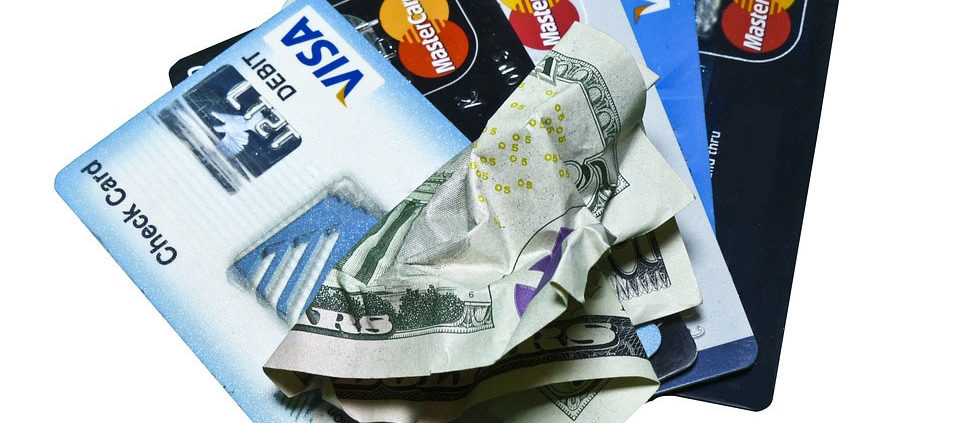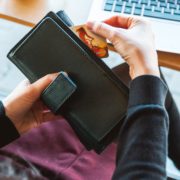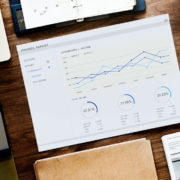What is Unsecured Debt?
Debt is an undeniable part of adulthood. No matter how much money you make and what career path you are in, nobody can hide from it forever. It can come into your life through student loans, creep up with one too many credit cards, or you could just be down on your luck as a whole financially, but the good thing about debt is that it does not have to last forever. Getting out of debt requires that you know and understand the various types of credit options, such as personal loans, business loans, and credit cards, and how they can be defined as one of two types of debt: secured and unsecured debt. If you have discovered that your current credit accounts are defined as the latter, Liberty Debt Relief can help you answer the questions regarding unsecured debt so you can start moving forward financially.
Understanding the Unsecured Basics
So, what is unsecured debt? Simply enough, it is a type of debt that did not require any kind of collateral to obtain in the first place. Collateral can be your car, boat, home, 401(k), stocks, cash, or even your business. If you fail to pay back the debt as agreed, the credit company can seize or freeze your assets through a court order. When that happens, you can either pay back the credit lender in full or work out some kind of deal with the company, but if you fail to respond or inquire about your accounts being frozen or titles being transferred, they will likely liquidate your assets and use that to pay off your debt. Choosing to go with credit accounts that include unsecured debt, such as credit cards, private student loans, utility bills, and medical bills, ensures that this kind of situation never occurs.
While you don’t have to worry about losing your belongings if your payments fall behind for unsecured accounts, getting such a deal does not come without a price. Most credit options that fall within this category have significantly higher interest rates than those that qualify as secured debts. High interest rates mean more money spent over time and it can double or triple your initial loan amount if you are not careful. This is the lenders’ way of ensuring people make their payments in full (and as soon as possible) and keep people as serious about unsecured debts as they would be about losing their high-value items held as collateral for secured debts. If you still fail to pay back your debt, the lender can sue you and a court ruling can garnish your wages and cause you to sell property to pay back the debt.
Using It to Your Advantage
High interest rates and the possibility of having your future wages taken away until you pay off a debt can definitely be intimidating, but unsecured debts are some of the easiest to manage. If you find that the monthly payments are too high, call your lender and see what they can do to help you. At the end of the day, they want to do what they can to make sure they receive their money. What is even better about unsecured debt is that if you have multiple accounts, you can easily budget and prioritize your debts based on the interest rates and other terms and conditions.
The key to financial success is not letting debt intimidate you, and understanding the ins and out of debt is a great first step. Talk to Liberty Debt Relief today to find out how a little budgeting and prioritizing can help you clear your unsecured debts.














Leave a Reply
Want to join the discussion?Feel free to contribute!